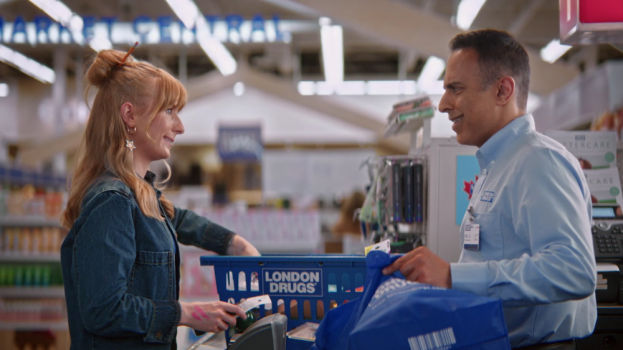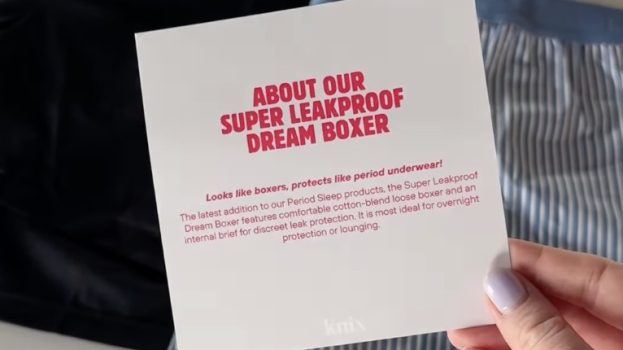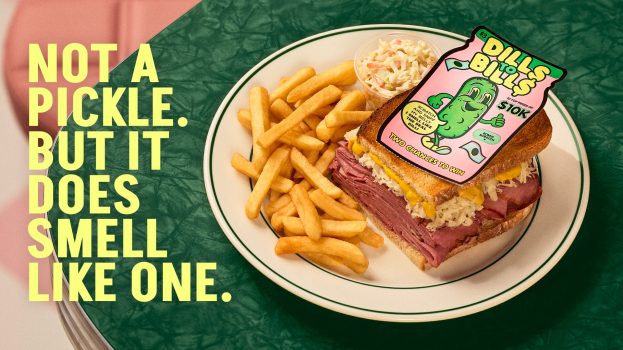Infusing its brands with social purpose has become a global priority at Unilever. Its global “Every Day U Does Good” platform aims to highlight the impact its brands have on different issues and how everyday use of products from the likes of Dove, Hellmann’s and Knorr supports projects that do good.
That’s a message that could address a major consumer insight, as a new survey suggests millennials in Canada see supporting social good with their purchases as something that is typically out of their reach.
The survey, conducted by PR agency Edelman on behalf of Unilever, polled 1,508 Canadians in July. It found that 88% of Canadian millennials (which was defined in this survey as those who fall between the age of 18 and 34) say social causes are important to them, but 44% don’t know how they can help in their everyday lives. Beyond themselves, 87% think big brands have an obligation to make the world a better place and 86% wish more brands supported social causes.
The intersection of those feelings is reflected in how millennials make their purchase decisions, as 74% believe it can make a difference in the world, 73% say it’s important to purchase brands that support social causes and 77% claim they would “always” buy brands that support social causes over brands that don’t. Furthermore, 82% say they are more likely to recommend a brand that supports social causes over brands that don’t.
However, despite acknowledging the importance of purchase decisions in supporting social causes, many millennials still feel there are barriers to do so. Part of the problem is knowledge, as 74% don’t know if the brands they buy support social causes. But a greater barrier is a perceived lack of access, as 61% say it’s difficult to find brands that support social causes in the stores they shop, 64% believe it’s harder to make cause-conscious choices outside of urban centres, and 61% believe brands that support social causes are too expensive compared to brands that don’t. A further 83% say they would purchase brands that support social causes if they were easier to find.
Leadership at Unilever has been vocal about the role that purpose is going to play at the company. For example, its 28 “sustainable living” brands – which have adopted a strong environmental purpose and include Dove, Lipton, Hellmann’s, Knorr and Ben & Jerry’s – grew 47% faster than the rest of its portfolio in 2017 and 69% faster in 2018. These figures have come up frequently as recently appointed CEO Alan Jope has iterated on multiple occasions that brands without purpose “will have no long-term future with Unilever.”
Some of that good is highlighted on its “Every Day U Does Good” website. While purpose has been a focus for some of its brands’ positioning and marketing in recent years – Dove’s efforts to improve girls’ self-esteem, Hellman’s efforts to reduce food waste, Dove Men+Care’s mission to normalize paternity leave – the company also highlights some lesser-known impacts, such as environmental efforts from Ben & Jerry’s, Seventh Generation and Love Beauty and Planet, sustainable farming projects by Knorr and Lipton’s support of The Rainforest Alliance. To head off consumer skepticism about the degree to which companies are “really” doing good, the site also goes into specifics about things like its supply chain, product sourcing, projects it has undertaken or non-profits it supports, depending on the brand.
[iframe_youtube video = “sQl7AFp3NNY”]
As part of a Canadian amplification of the global platform, Unilever has enlisted TV personality Jessi Cruickshank for a series of social posts focusing on how everyday purchase decisions can have an positive impact. For example, the first, posted over the weekend, shows Cruickshank using Dove in the bath and highlighting Dove’s “Real Beauty” platform.
























